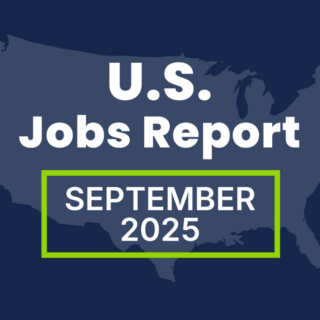
Situation
The London College of Fashion, part of the University of the Arts London (UAL), wanted to increase the number of its employees from ethnic minority backgrounds. Specifically, they were finding it challenging to attract applications from diverse candidates in sufficient numbers. As part of their journey to addressing this issue, they commissioned PeopleScout to help them understand the experience they offered to existing ethnic minority employees and to advise on whether the insight gained could shed any light on potential barriers to engagement amongst diverse external audiences.
Solution
We conducted research amongst a sample of people from both ethnic minority and non-ethnic minority backgrounds to identify any differences in how they experienced the College as an employer. Our research took the form of one-to-one interviews and involved academic and non-academic staff, as well as a selection of alumni to provide a somewhat external perspective.
While the initial focus was on ethnicity, it turned out that this was not the key challenge.
Where differences appeared to exist in the employment experience, they were not between minority ethnic and non-minority ethnic colleagues. They appeared to be related to socio-economics, with non-minority ethnic members of staff who (unprompted) identified themselves as working class sharing very similar perceptions of senior management to their minority ethnic counterparts.
The common perception was that to do well at the College you had to have a certain background and set of social experiences. Without these, there was a sense that the top of the organization was unattainable. This sense appeared to be reinforced by the comparatively optimistic perspectives of those minority ethnic staff members who had achieved senior positions in the organization.
The challenge was not therefore about ethnicity, it was about addressing seemingly class-based factors.
Results
Identifying and Breaking Down Perceived Barriers
Following completion of the research, we advised the College that, from a communications perspective, they needed to focus on breaking down any perceived barriers between senior management and the wider staff body. We recommended using personal stories to position the management group as more relatable and their level within the organization as achievable with hard work. We also recommended that the College check its internal promotion processes for any signs of unconscious bias.
Taking a Personal Story-Telling Approach
To further challenge misperceptions, we advised the College to extend the personal story-telling approach beyond internal communications into its recruitment communications, and to review the channels through which these stories are shared to ensure the College was positioned as more accessible to people from all walks of life, including those from minority ethnic or “working class” backgrounds.
The College has adopted this approach for their attraction and engagement activity.
At a Glance
- COMPANY
The London College of Fashion - INDUSTRY
Higher Education - PEOPLESCOUT SOLUTIONS
Talent Advisory - ABOUT THE LONDON COLLEGE OF FASHION
The London College of Fashion offers undergraduate and postgraduate study, short courses, study-abroad courses and business training in fashion and related topics.



